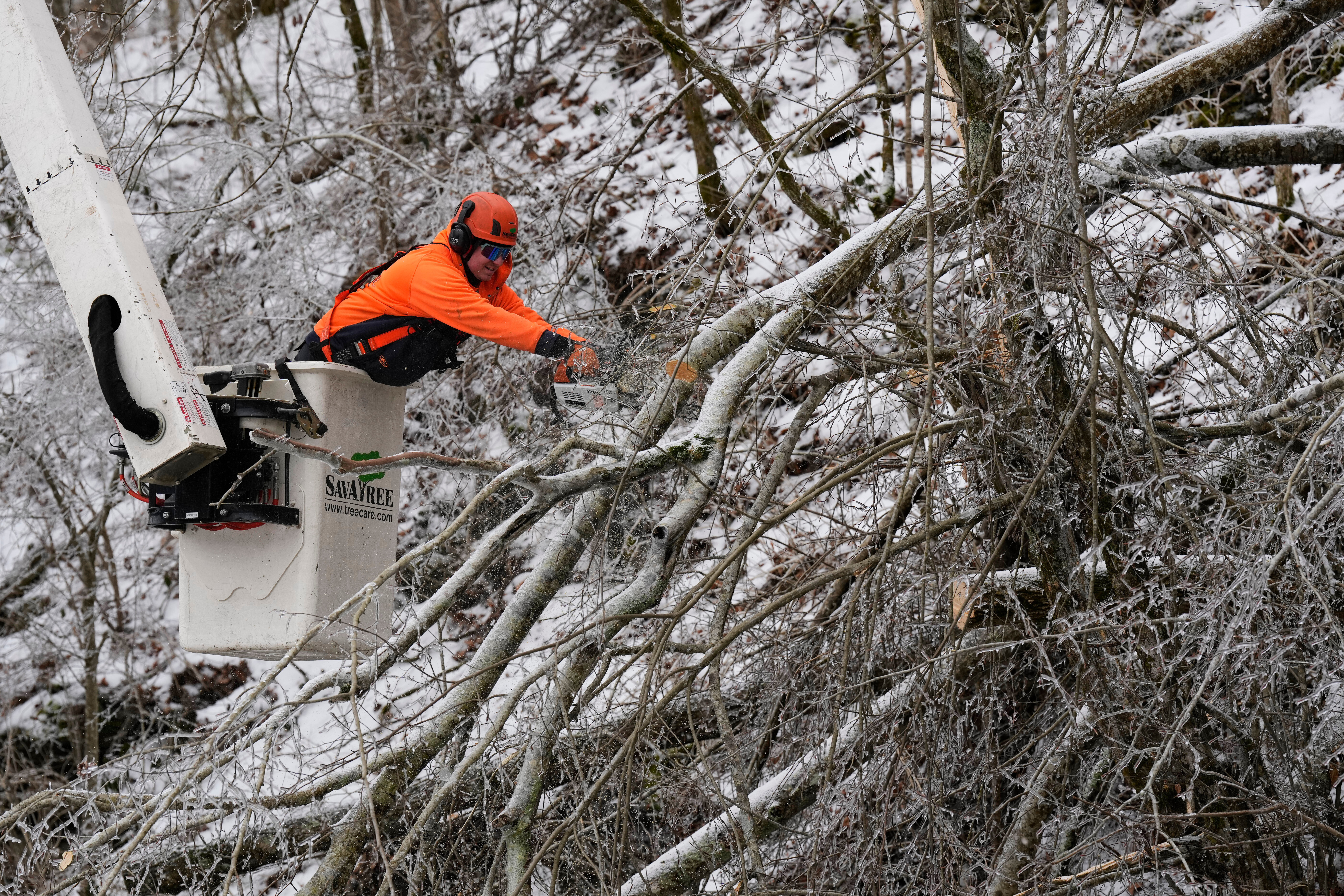The U.K. and Canada just formed a global alliance to fight ... coal.
More than 20 countries, states and provinces around the world joined the two alliance leaders Thursday in committing themselves to do away with unabated coal power by 2030.
Unabated coal is just the technical term for coal burned without a carbon capture system in place. Scientists say its continued use is a major roadblock to reaching international climate change goals.
By extension abated coal is what you get when power plants capture the carbon produced by burning coal and, in some cases, bury it back underground. Those types of systems haven't gained much ground at the commercial level yet.
The alliance has a tough road ahead, though. China, the U.S., Japan and India — some of the world's largest users of coal — chose not to sign on to the plan.
Last year, most of those countries saw a drop in coal use, but it looks like China, the U.S. and India have bumped their consumption back up this year.
And at least some of the nations that joined the pact don't actually use coal for energy production anyway.
But the alliance thinks it can grow its ranks by 50 or more members by the time the United Nations holds another round of climate change talks next year.
The U.K. minister for climate change and industry says the U.K. is proof that you don't have to sacrifice economic growth when cutting coal. Since 1990, its economy has grown by 67 percent while coal emissions were cut by 42 percent.
Getting other nations to join the alliance might not be a super tough sell. Coal consumption seems to be in decline worldwide and renewable energy is a rapidly growing industry.



 Revolt: Coal River Mountain
Revolt: Coal River Mountain






